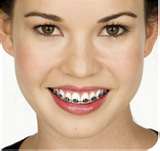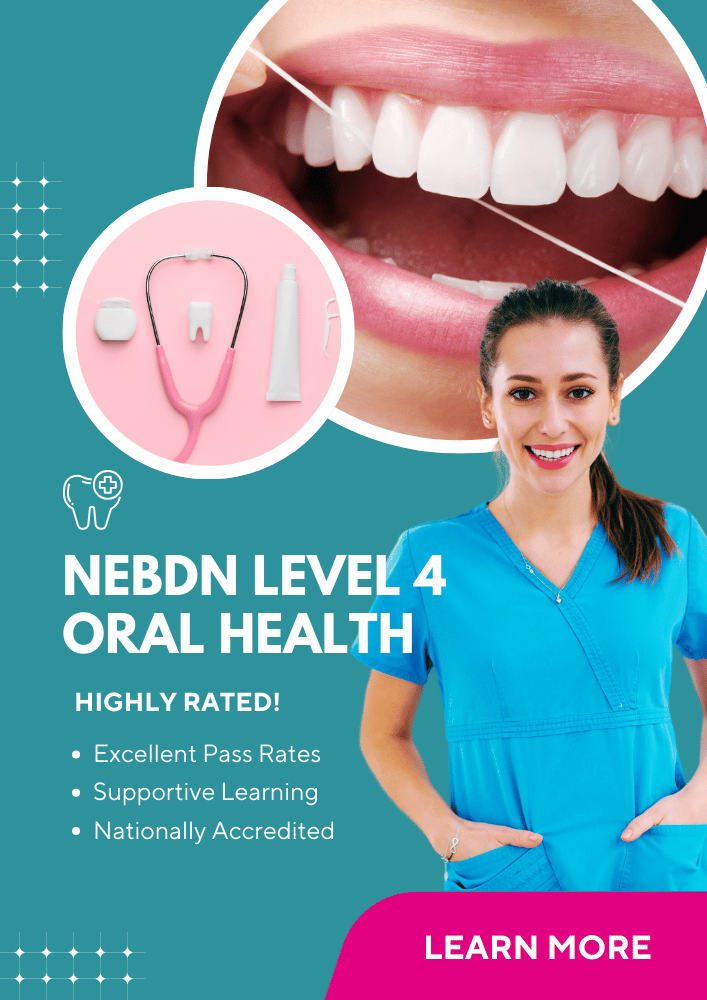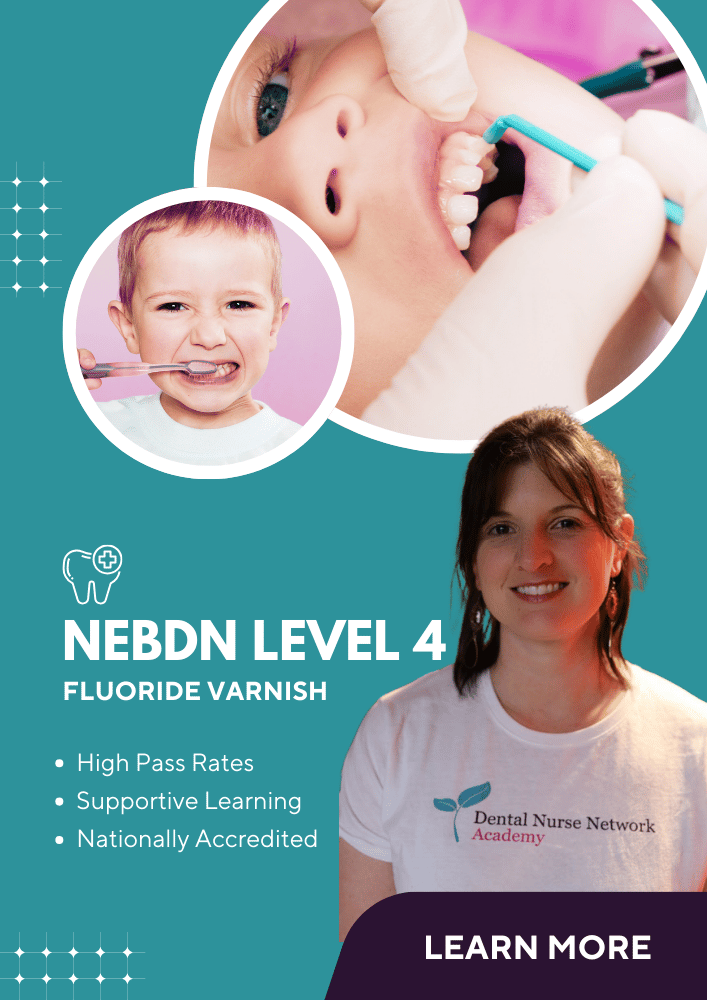 For those of you who aren’t entirely familiar with orthodontics, the curiosity of how it all works and what orthodontic nursing actually involves may have crossed your mind at some point in your dental nursing career. You may find the prospect of assisting with another root canal treatment unbearably disheartening, you may want to expand your knowledge or simply fancy the idea of a slight diversion into a specialist field of dentistry.
For those of you who aren’t entirely familiar with orthodontics, the curiosity of how it all works and what orthodontic nursing actually involves may have crossed your mind at some point in your dental nursing career. You may find the prospect of assisting with another root canal treatment unbearably disheartening, you may want to expand your knowledge or simply fancy the idea of a slight diversion into a specialist field of dentistry.
Well, along with other specialist choices available, orthodontics is an option, and one that many dental nurses are very happy to have opted for.
I’m sure most of you already have a good knowledge with regards to types of orthodontic treatment but, I’m going to start with some basics for those of you who don’t - I promise I’ll be quick! Orthodontic treatment usually entails the application of braces to the teeth or the use of other appliances which gradually move the teeth or jaws into their correct position, which can be done both for functional and aesthetic reasons. This can be achieved using different methods such as: fixed braces (or commonly known as “train tracks”), removable appliances, functional appliances, head-gear, lingual braces and clear/”invisible” braces and aligners. See? That wasn’t too bad was it?
Now, let’s get down to role an orthodontic nurse plays in the world of an orthodontic practice. As you can imagine, having experience as a dental nurse will of course be advantageous for you and the practice. Although the role of an orthodontic nurse is rather distinguished, there are many similarities and concepts that are exactly the same, and will help you pick things up very quickly. The following role description will most likely sound familiar to you:
An orthodontic nurse will set up the surgery each morning and ensure that things such as patient notes are all present and any work that is needed for that day has been returned from the laboratory. They are responsible for preparing the necessary instruments for a given procedure and mixing any substances required.
The most common materials you'll use on a daily basis are actually just etch, bond, composite, glass ionomer cement and alginate (yes, that is it!). They are also assigned to tidy up the surgery after every patient, which includes the disinfection of surfaces and the sterilisation and hygienic storage of any dental instruments that have been used. As in all clinical settings, they must ensure that health and hygiene standards are strictly adhered to by following the infection and cross-infection protocols.
Along with the orthodontists, orthodontic nurses should help ensure that all patients are comfortable before and during examination or treatment. They will need to make records of orthodontic assessments and take or help take pre and post-treatment photographs. An orthodontic nurse may also support the orthodontists in giving advice to patients on how to look after their appliances and advise them on measures to prevent orthodontic problems from arising. Orthodontic nurses may also be assigned to construct study models of patient's teeth and simple appliances such a retainers. Some orthodontic nurses may also be required to position patients for radiographs (mainly OPG and Cephs), expose the x-ray – if qualified to do so - and develop them so that the extent of an overbite or underbite can be examined. They may also help the orthodontist take notes, record what treatment has been carried out or add to a patient's details to their paper and/or computer record. Stock must also be monitored and you may be asked to order any required dental supplies.
Nurses may sometimes be required to assist with reception work if a practice is temporarily understaffed. Duties here will include booking patient appointments, processing payments over the phone or in person, filing paperwork and tending to visiting patients on arrival.
As you'll be aware, basic orthodontic treatment is a lot less invasive that general or any other type of specialist dentistry and for this reason it usually involves considerably less mess to clear up! Much to the disappointment of oral surgery and gore fanatics, I'm afraid to say that the only time you'll usually see blood is from the gums of an adolescent with poor oral hygiene. Personally, I also find orthodontics to be more predictable, with a worst case scenario probably being an unexpected break of a molar bands, the loss of some brackets or the need to retake an impression.
In my opinion, the most challenging thing about orthodontic nursing is actually keeping up with time itself! For those of you that work or have worked in an NHS practice, I'm sure you've regularly experienced situations where you're running around like a headless chicken without a moment to actually stop and think. The key word is – Preparation. It is not uncommon for nurses to set up all of their trays for the morning/afternoon and filling out their lab dockets in advance in order for them not to fall behind throughout the day. I can imagine that this would be different in a solely private practice, but I'm sure I'm speaking for a large majority. One thing I can say is that the day definitely flies by!
As mentioned above, it is sometimes required for orthodontic nurses to carry out or help carry out radiographs as many of these are usually needed throughout the day. For this reason, having a certificate in Radiography is something prospective employers may find appealing as it can be of great help for the orthodontists, for the nurses to be able to carry out radiographs without their supervision. If you didn’t have one, most practices would be supportive and encourage you, were you to be interested in attaining the qualification.
While not essential, some other courses that may be of benefit to an orthodontic nurse include:
• Impression taking
• Model Pouring
• Dental photography
• Certificate in Orthodontic Nursing
• Oral Health Education Certificate
With regards to the progression of an orthodontic nurse, as any dental nursing position, there are opportunities such as being allocated the position of head nurse or even advancing to become a practice manager. However, I relatively recent career has been established which is that of an Orthodontic therapist, who can actually carry out the practical aspects of orthodontic treatments under the instructions of an orthodontists. Please see the link below for further information on this:
It would be unfair and inaccurate to state that orthodontic nursing is “better” or “more interesting” than nursing for any other dentistry field. I have come across nurses that find it boring, others that prefer it as they find it much easier and others that find it extremely interesting and would never consider in going back into general nursing. All I can say is that the job as such, despite all its similarities, is very different working environment and experience as a whole.
Written by Jane Broadley RDN, CDR



